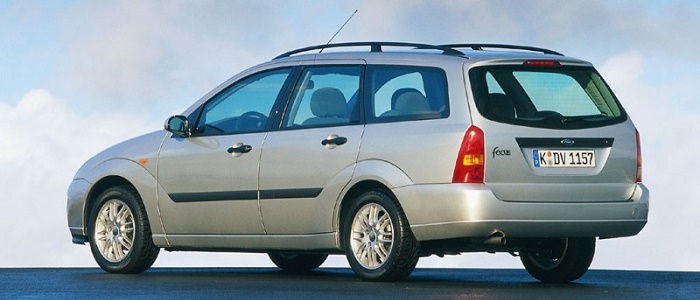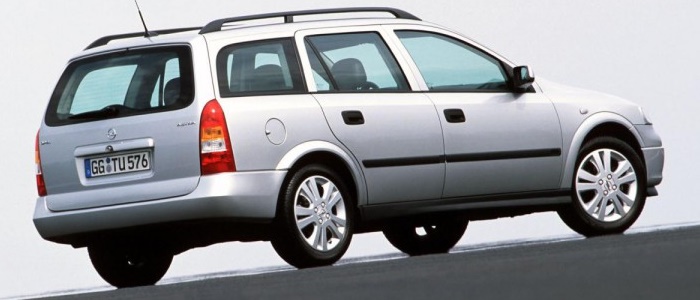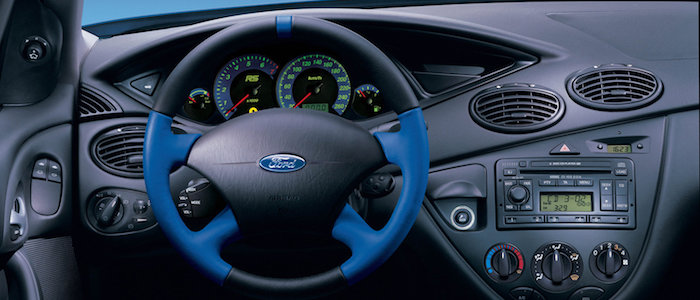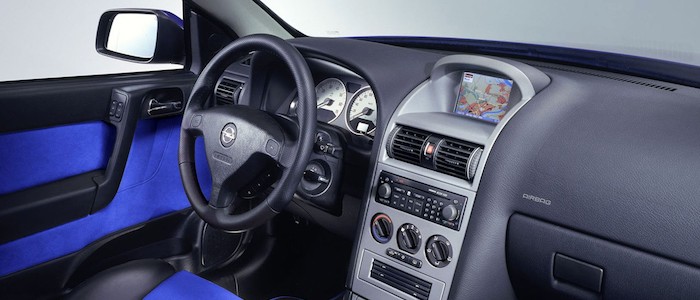Compare two cars
Compare any two cars and get our Virtual Adviser™ opinion
Marketing
Dimensons & Outlines
Engine
1.8 X18XE1
Performance (manual gearbox)
Performance (automatic gearbox)
Expenses
Virtual Adviser's™ opinion
Well, these are two pretty similar cars we have here! It's only details that could potentially make the difference. Considering they both belong to the small family car segment and utilize the same 5-door wagon body style and the front wheel drive system, it all comes up to the specific petrol engine choice they offer. The first one has a Ford-engineered powertrain under the hood, a 4-cylinder, 16-valves 115hp unit, while the other one gets its power and torque from a 4-cylinder, 16-valves 115hp engine designed by Opel.
SafetyA starting point here would be to take a look at the results from European New Car Assessment Programme (Euro NCAP) tests which were performed on both of the cars, with the same number of safety stars gained in the process. That aside, let's consider some other aspects which affect safety. Both vehicles belong to the small family car segment, which is generally classifying them somewhere in the middle safety-wise, but it doesn't do much to help us decide between the two. Furthermore, taking kerb weight as an important factor into account, the American car offers a marginal difference of 8% more metal.
ReliabilityReliability is not the best thing to consider on the make level, but it is worth mentioning that Ford does have a slight advantage, when all the models are taken into account. That's the official data, while our visitors describe reliability of Ford with an average rating of 4.4, and models under the Opel badge with 4.2 out of 5. Some independent research have also placed Focus as average reliability-wise, and Astra is more or less at the same level.That apart, owners of different cars powered by the same engine as the American car rank it on average as 4.6, while the one under the competitor's bonnet gets 4.2 out of 5.
Performance & Fuel economyOpel is a bit more agile, reaching 100km/h in 0.2 seconds less than its competitor. Still, it lacks the power to win the top speed competition, topping at 195 kilometers per hour, 3km/h less than the other car. When it comes to fuel economy things look pretty much the same for both cars, averaging around 7.8 liters of fuel per 100 kilometers (36 mpg), in combined cycle.
Verdict
Ford appears just a bit more reliable, although the difference is truly marginal. The most important thing when deciding between any two vehicles should always be safety, both passive and active. In my opinion, everything taken into account, the American car offers slightly better overall protection and takes the lead. From there things take a different direction, with Opel offering somewhat better performance, just enough to call it quicker. It does come at a cost though, and that's the fuel consumption... I believe that, when we take all into account, we have only one winner here - the Ford. Nevertheless, let's not forget that people have different preferences and needs, so what really counts is your personal feel. I'm only here to help. Also, you could use the oportunity to find out which car, everything taken into account, would be the perfect choice for you in the eyes of the virtual adviser™, among thousands of similar, yet so different vehicles.






























